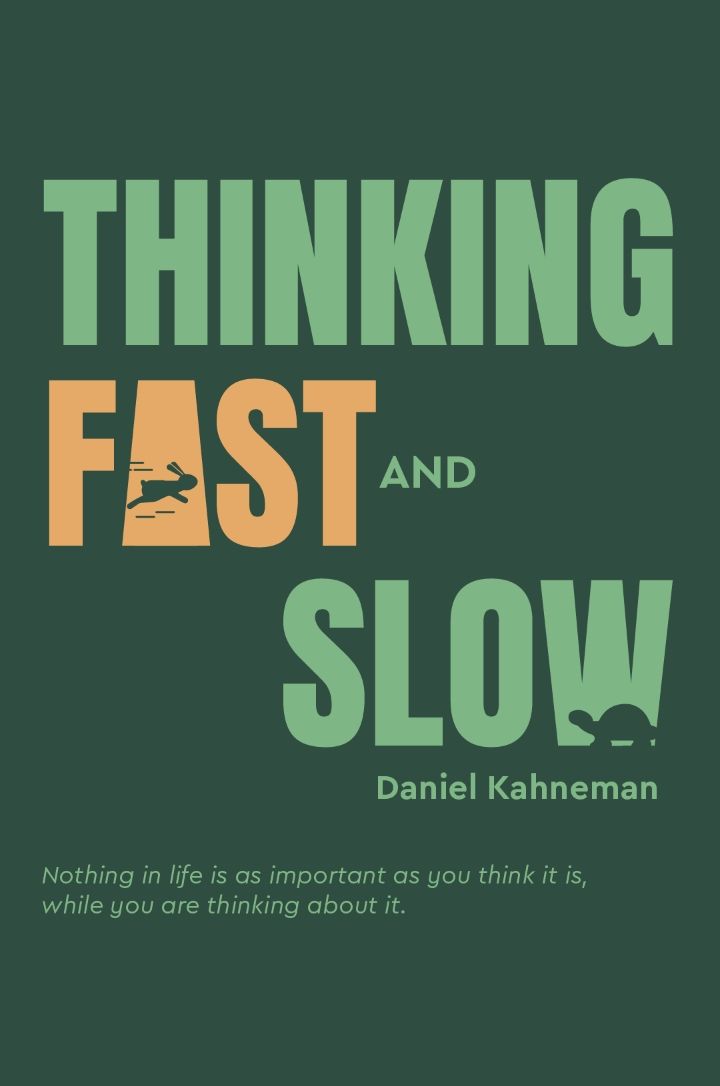Audio available in app
They recognize their own biases from "summary" of Critical Thinking by David McKay
Recognizing one's biases is a fundamental aspect of critical thinking. It involves acknowledging that our perspectives and judgments are influenced by our personal experiences, beliefs, and values. This self-awareness is crucial because it allows us to approach information and arguments with a more objective mindset. By understanding our own biases, we can better evaluate the validity and reliability of the information we encounter. When individuals are able to recognize their biases, they are more likely to engage in thoughtful reflection and analysis. Instead of simply accepting information at face value, they are inclined to question their assumptions and consider alternative viewpoints. This critical self-reflection helps to guard against the pitfalls of confirmation bias, where individuals seek out information that confirms their pre-existing beliefs. Moreover, recognizing one's biases can lead to a deeper understanding of the complexities inherent in any issue or argument. It compels individuals to consider the various factors that may be influencing their judgment, from emotional responses to societal influences. This awareness fosters a more nuanced and balanced approach to critical thinking, allowing for a more comprehensive evaluation of the evidence at hand. By acknowledging their biases, individuals can also enhance their ability to communicate effectively with others. When we are aware of our own predispositions, we are better equipped to engage in respectful and constructive dialogue with those who hold different viewpoints. This openness to diverse perspectives can lead to more fruitful discussions and the discovery of new insights.- Recognizing one's biases is a cornerstone of critical thinking. It empowers individuals to approach information with a more discerning eye and to engage in deeper, more meaningful analysis. By cultivating this self-awareness, individuals can navigate the complexities of the world with greater insight and understanding.
Similar Posts
Encourage allyship and support
Encouraging allyship and support is a vital aspect of fostering a sense of belonging and inclusion within a community. It invol...
Embrace uncertainty and ambiguity
Life is uncertain, that’s a fact. But we often forget that fact. We want everything to be certain, predictable, and under our c...
The importance of continuous learning in today's competitive world
In today's fast-paced and ever-changing world, the ability to continuously learn and adapt is no longer just a nice-to-have ski...
Technology shaping society
Technology plays a pivotal role in shaping the society we live in today. From the invention of the wheel to the rise of artific...
Don't succumb to the framing effect
The framing effect is a common pitfall that can lead us astray in decision-making. It occurs when we are swayed by the way info...
We make choices that often defy rational reasoning
Human beings have a remarkable ability to make choices that are often puzzling to outsiders, and sometimes even to themselves. ...
Recognize the impact of cognitive biases on decisionmaking
Understanding how cognitive biases can affect our decision-making processes is crucial in order to make clear and rational choi...
Media manipulation plays a significant role in reducing rational debate
The manipulation of media has become a powerful force in shaping public discourse, often at the expense of rational debate. By ...

Reference points influence our choices
Our choices are often influenced by reference points that we use as benchmarks. These reference points can be anything from pre...

Metacognition allows us to reflect on our thinking
Metacognition is a fascinating ability that our brain possesses. It is the process by which we think about our thinking. When w...

